In particular, the public sector plays an important role in shaping and leading the development of AI in Vietnam by promoting the domestic AI ecosystem, integrating AI into governance and operations, and providing public services to the people. A number of central and local agencies have initially applied AI to administrative management and public service provision to exploit the potential of artificial intelligence for the public sector.

Representatives of leaders and units pressed the button to announce the launch of AI Chatbot on the Binh Phuoc Provincial Public Service Portal. Photo: Dau Tat Thanh/VNA
Human resources for AI are still very lacking
Associate Professor, Dr. Nguyen Xuan Hoai - Director of the Institute of AI, University of Technology, Vietnam National University, Hanoi assessed that there is currently a shortage of human resources working in the field of AI. Each year, this human resource only meets 10% of recruitment needs, while only about 30% of the 55,000 information technology students graduating each year can work in AI-related jobs. In addition to the shortage of human resources, Vietnam also faces other challenges such as lack of access to leading AI experts and consultants to evaluate and appraise products suitable for market needs; lack of access to infrastructure, platforms and tools ready for businesses...
"Many people think that applying new technology like AI to work will be successful. However, AI is like many previous technology waves, when penetrating into organizations as well as economic sectors, it requires more technological factors," Associate Professor, Dr. Nguyen Xuan Hoai shared and affirmed that AI is a very special technology and different from all other technologies. This is the technology of change and transformation.
Mr. Tran Anh Tu - Deputy Director of the Department of Science, Technology and Engineering, Ministry of Science and Technology, said that AI is not only a useful tool but also an important factor affecting the competitiveness and survival of businesses. According to estimates in Vietnam, the field of artificial AI is expected to contribute up to 14,000 billion VND to the digital economy by 2030. However, to exploit the potential of AI, many challenges must be faced, especially the issue of human resources and responsible AI development.
Develop AI and beat AI

Vietnam has the potential and capacity to develop AI technology even stronger. Photo: VNA
Our country's AI development strategy has been clearly formed. A typical example is Resolution No. 57-NQ/TW issued on December 22, 2024 by the Politburo on breakthroughs in science, technology, innovation and national digital transformation; which clearly states the guiding viewpoint: "Develop rapidly and sustainably, gradually self-reliant in technology, especially strategic technology; prioritize national resources for investment in science, technology, innovation and digital transformation development. Maximize Vietnam's potential and intelligence associated with quickly absorbing, mastering and applying the world's advanced scientific and technological achievements; promote applied research, focus on basic research, move towards self-reliance and competition in technology in a number of areas where Vietnam has demand, potential and advantages".
Recently, at the Policy Forum "Vietnam proactively develops the semiconductor industry and artificial intelligence in the new era", Prime Minister Pham Minh Chinh suggested improving smart management capacity in enterprises, production facilities, and factories; at the same time, all citizens have virtual assistants to use the achievements of AI and protect people's security and safety, limit the negative aspects of AI, the spirit is "develop AI and must win against AI"; in which, the "Digital Education for All" movement is considered the golden key to carry out this task.
Deputy Director of the Department of Science, Technology and Technology (Ministry of Science and Technology) Tran Anh Tu informed that the National Strategy on AI Research, Development and Application to 2030, issued under Decision 127 dated January 26, 2021 of the Prime Minister, clearly stated that AI is an important foundational technology, helping to create a breakthrough in production capacity, enhance national competitiveness, and promote sustainable economic development. The Government is strongly directing the promotion of AI application to reduce paperwork and improve operational efficiency.
To do that, there are currently many policies being implemented. The first is the construction of the National Data Center at Hoa Lac High-Tech Park (Hanoi), expected to be completed and put into use from the end of 2025. Accordingly, data of ministries, branches and localities will be centrally stored at the National Data Center and partially opened to promote socio-economic development.
Regarding training, there are currently more than 50 AI-related training programs open, including more than 10 specialized majors for AI at training institutions, with a large number of students participating in training. “The problem is that we need a training program to popularize knowledge about AI, to raise general awareness of the whole community, thereby helping to apply AI more effectively,” said Mr. Tran Anh Tu.
Sharing the same view, Ms. Do Thanh Huyen, Public Policy Expert, UNDP Vietnam, said that how to effectively apply AI with the current infrastructure, data management capacity, human resources or mechanisms and policies of the public sector is a problem that needs to be carefully considered. Ms. Do Thanh Huyen proposed 4 conditions, called 4 "M".
The first "M" is about institutions, institutions and management policy mechanisms (mechanisms), to promote development or application in the public sector environment, while ensuring information security of users in that environment.
The second "M" is about the foundation of the machinery system. If you want to apply AI, you must first have a data warehouse that can store the Vietnamese language because the Vietnamese language in the common language system of AI is still very limited.
The third "M" is human resources; it is the training of civil servants from the central to local levels, especially policy makers, to understand the importance of applying AI.
The last "M" is about financial resources (Money). Currently, the budget for investment in developing online public services is very limited, so there needs to be mechanisms to increase funding for applying technological solutions, including AI.
To remove financial bottlenecks, Associate Professor, Dr. Nguyen Xuan Hoai said that it is necessary to change the way of thinking about implementing AI projects, and have a sandbox mechanism for testing to promote AI applications.
Thu Phuong (Vietnam News Agency)
Source: https://baotintuc.vn/khoa-hoc-doi-song/khai-pha-tiem-nang-cua-tri-tue-nhan-tao-doi-voi-khu-vuc-cong-20250327075506250.htm


![[Photo] Prime Minister Pham Minh Chinh chairs meeting to urge highway projects](https://vstatic.vietnam.vn/vietnam/resource/IMAGE/2025/3/29/6a3e175f69ea45f8bfc3c272cde3e27a)

![[Photo] Dong Ho Paintings - Old Styles Tell Modern Stories](https://vstatic.vietnam.vn/vietnam/resource/IMAGE/2025/3/29/317613ad8519462488572377727dda93)









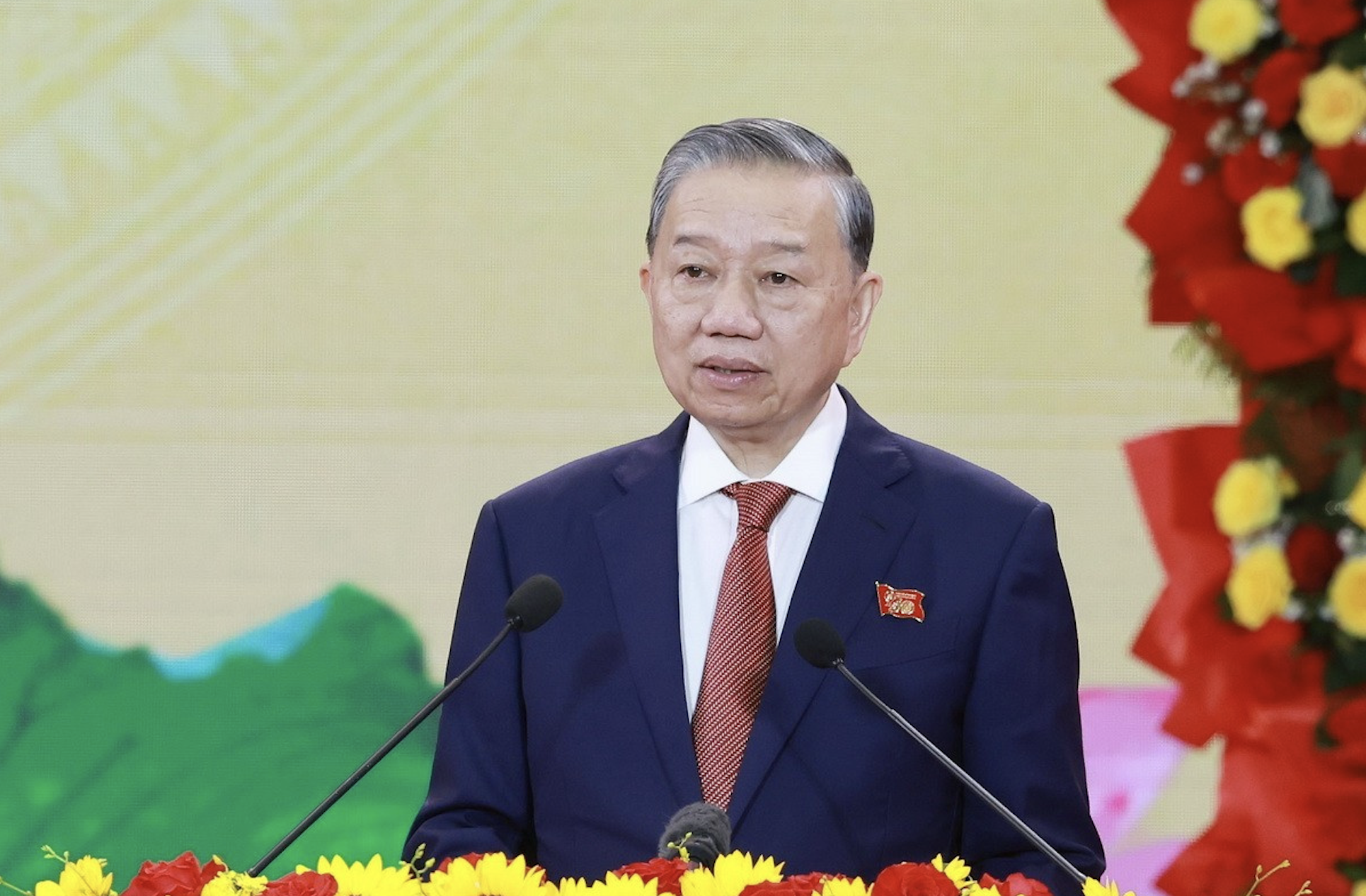





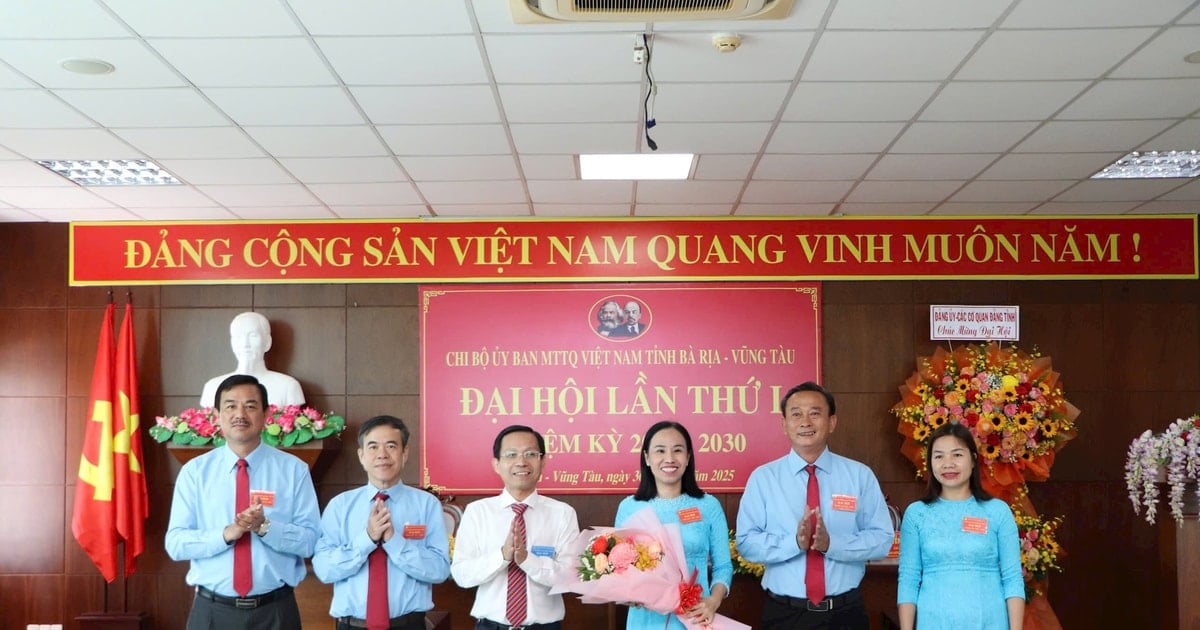





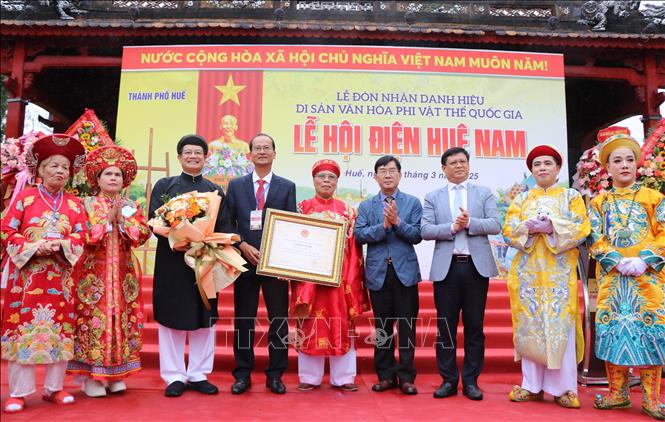
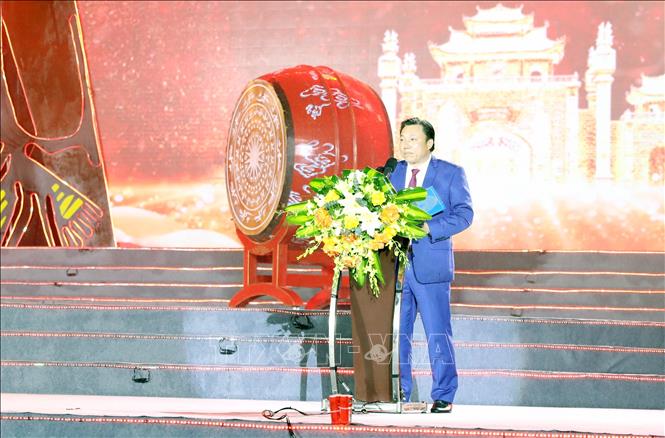
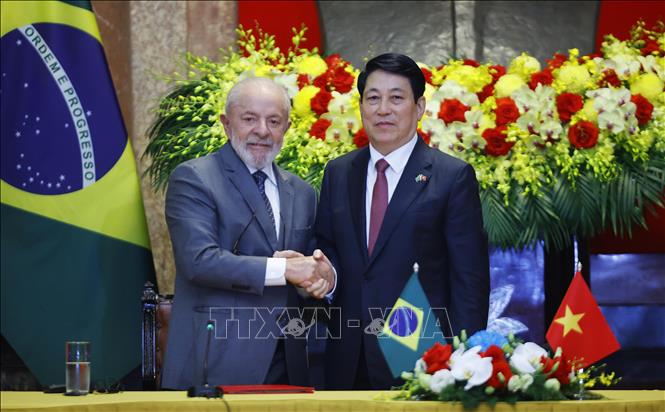




![[Photo] Prime Minister Pham Minh Chinh and Brazilian President Luiz Inácio Lula da Silva attend the Vietnam-Brazil Economic Forum](https://vstatic.vietnam.vn/vietnam/resource/IMAGE/2025/3/29/f3fd11b0421949878011a8f5da318635)















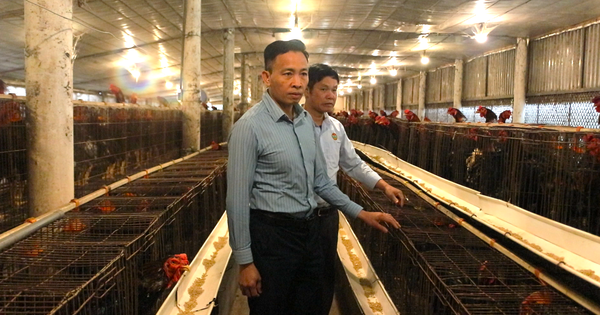











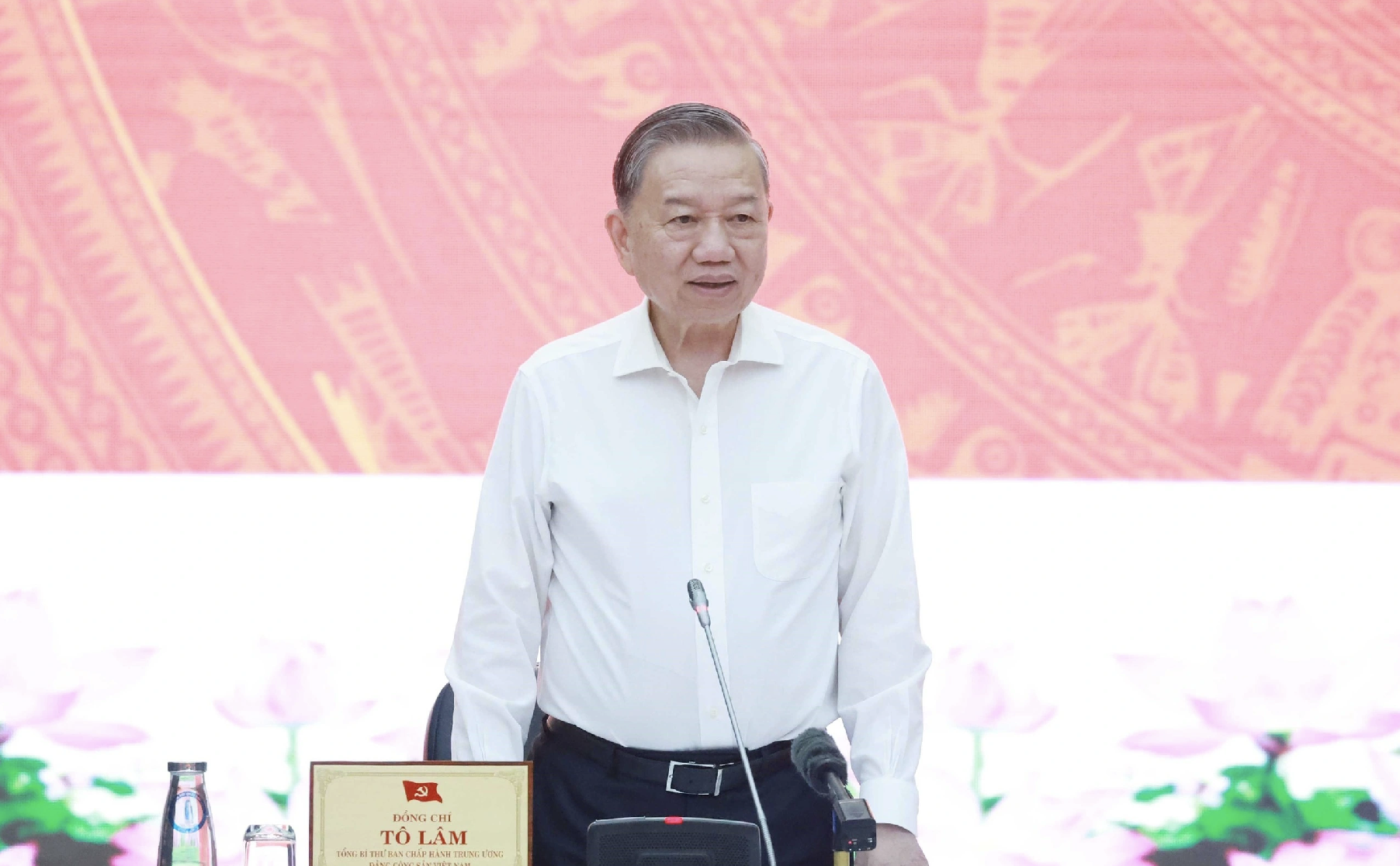

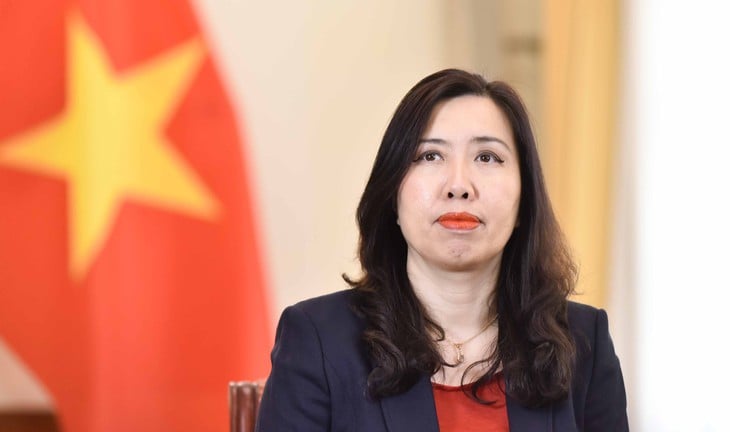





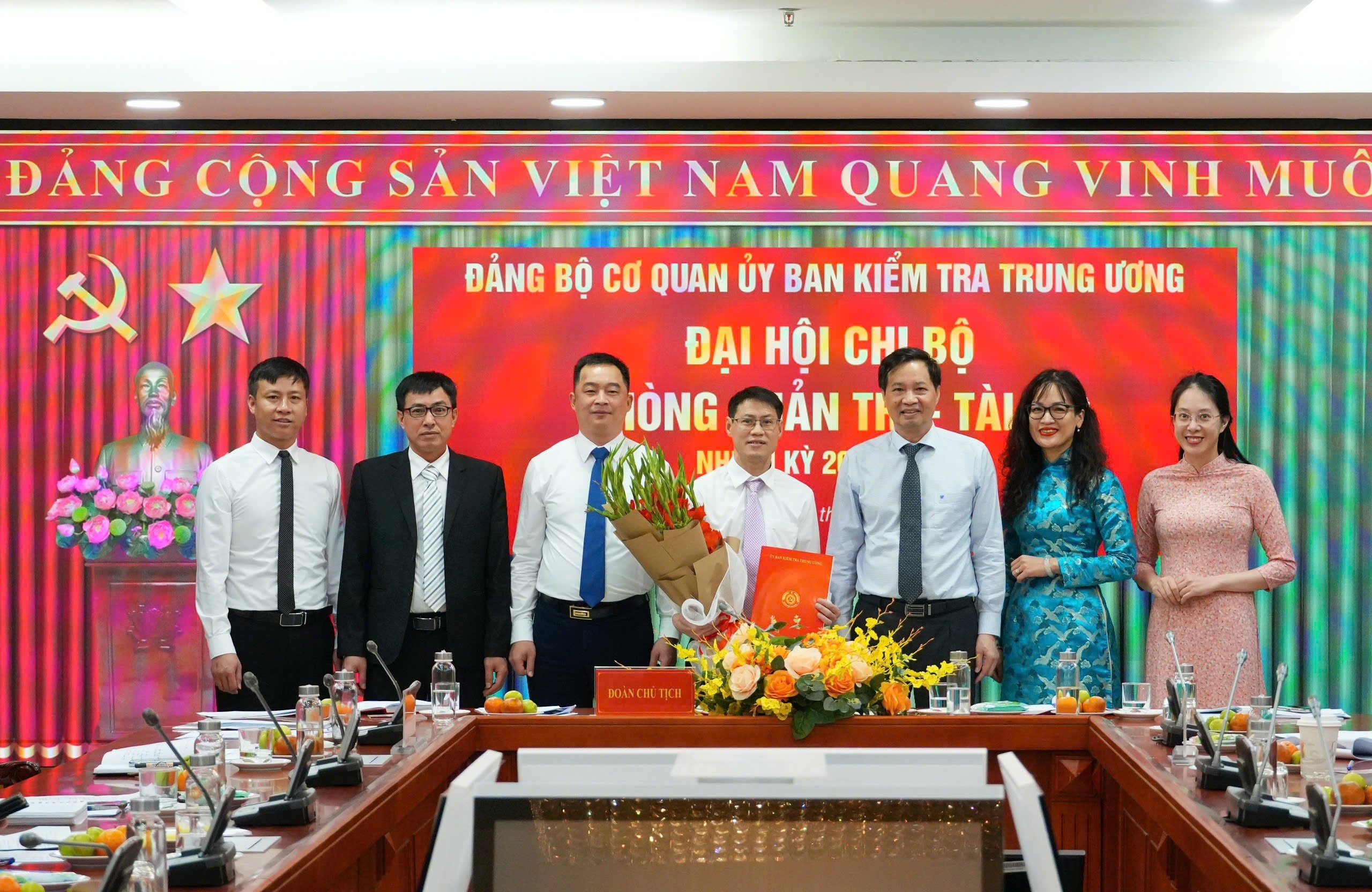
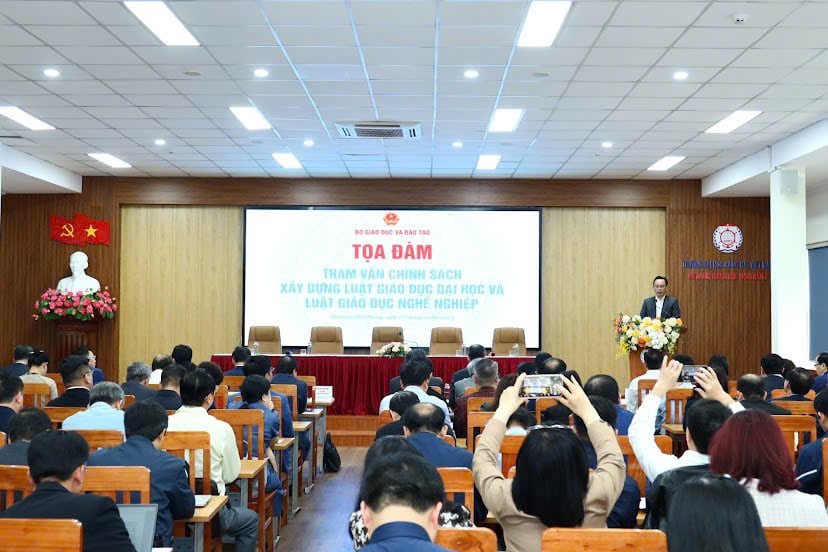

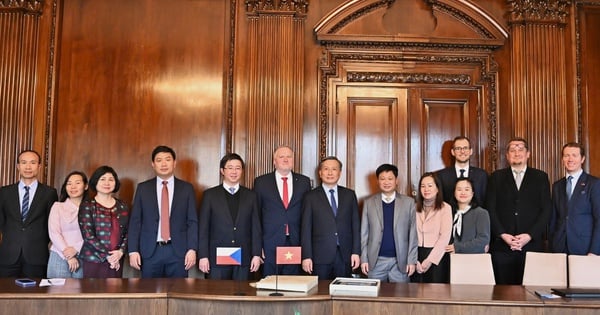

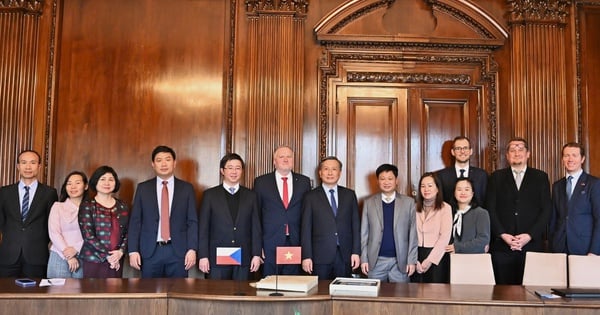
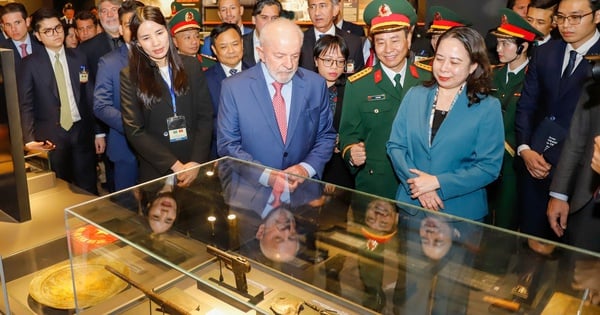











![[REVIEW OCOP] An Lanh Huong Vet Yen Cat](https://vstatic.vietnam.vn/vietnam/resource/IMAGE/2025/3/27/c25032328e9a47be9991d5be7c0cad8c)








Comment (0)